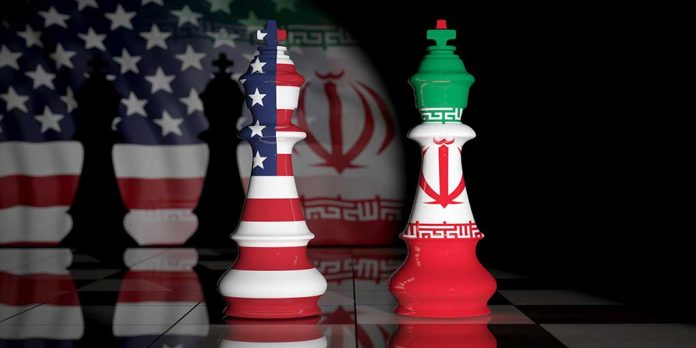
Amid economic sanctions, Iran contemplates a diplomatic pivot toward Donald Trump, even after assassination attempts.
At a Glance
- Iran considers diplomacy with Trump to alleviate economic sanctions.
- Failed assassination plots link Iran to attempts on Trump’s life.
- Masoud Pezeshkian advocates diplomacy, facing Khamenei’s opposition.
- U.S.-Iran relations remain tense following past adversarial actions.
Assassination Plots and Economic Sanctions
The U.S. Department of Justice has filed criminal charges against Farhad Shakeri for planning to assassinate President-elect Donald Trump. Shakeri was allegedly directed by Iran’s Islamic Revolutionary Guard Corps to target Trump and citizens in America. He, alongside Carlisle Rivers and Jonathon Loadholt, faces charges including murder-for-hire and conspiracy.
Rivers and Loadholt are in custody awaiting trial, while Shakeri remains at large. Further charges involve providing support to a foreign terrorist group. Meanwhile, Shakeri reportedly participated in FBI interviews. Iranian Foreign Minister Abbas Araqchi dismissed the assassination plot as fiction, calling for U.S.-Iran confidence-building measures.
Islamic Republic’s Regime’s Assassination Plot Against Trump; Time for International Accountability!
Recent revelations by US authorities uncovered a disturbing plot by the Islamic Republic of Iran to assassinate President Trump, highlighting the ongoing threat posed by the…
— Masih Alinejad 🏳️ (@AlinejadMasih) July 16, 2024
Diplomatic Considerations Amidst Tensions
Iran explores changing its diplomatic stance with Trump, indicating a potential shift away from its traditionally adversarial approach. Iranian President Masoud Pezeshkian suggests diplomacy could redefine U.S.-Iran relations. Despite Supreme Leader Ali Khamenei’s opposition, some Iranian officials believe engaging Trump might stabilize their economy.
“Do not lose this historic opportunity for change in Iran-U.S. relations,” former political adviser to Iran’s government, Hamid Aboutalebi, wrote, urging Iranian President Masoud Pezeshkian to congratulate Trump on his presidential win.
Trump remains a target for Iran following his 2020 order to strike General Qassem Soleimani. Tehran continues expressing intent for revenge. Yet, economic pressures and sanctions push Iran towards negotiating, viewing Trump’s deal-making reputation as a potential catalyst for progress.
President Trump statement following the failed assassination attempt. pic.twitter.com/OFLOqeAejv
— John Spencer (@SpencerGuard) July 14, 2024
The Path Forward: Challenges and Opportunities
Iran faces significant challenges in redefining its strategy with the U.S. Iranian officials consider engagement with Trump as a method to negotiate easing sanctions while maintaining domestic stability. However, Supreme Leader Khamenei’s resistance remains a formidable obstacle.
“The American people have made their decision. And Iran respects their right to elect the President of their choice. The path forward is also a choice. It begins with respect,” says Abbas Araqchi, Iran’s Foreign Minister.
Looking ahead, Iran’s delicate balance of addressing internal and external pressures continues to define its diplomatic trajectory. The potential for negotiations opens a new chapter, which many hope will lead to a more stable Middle East.












